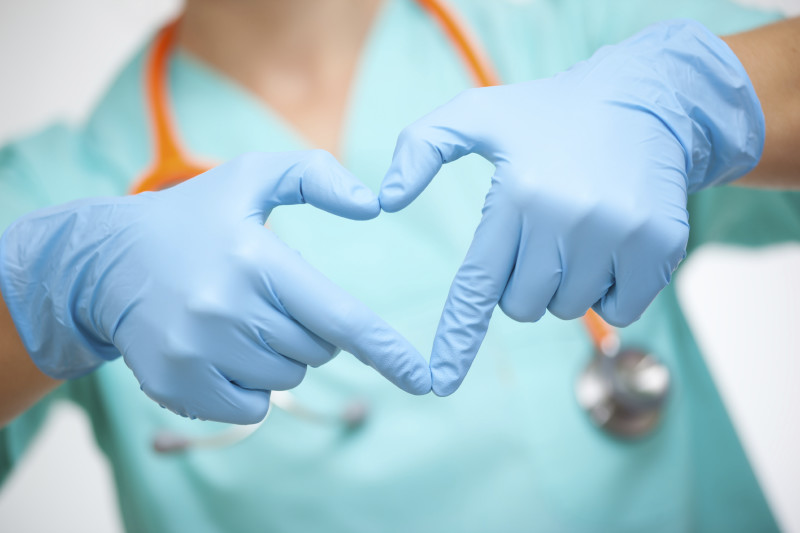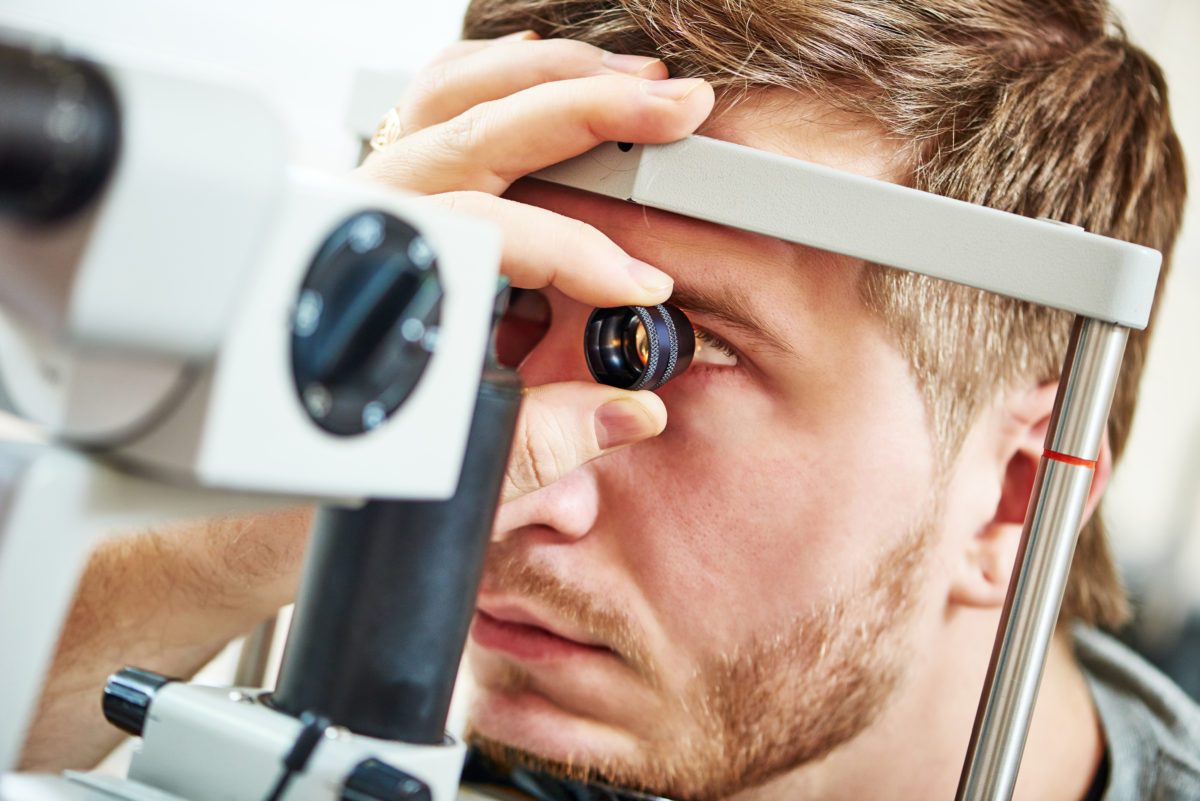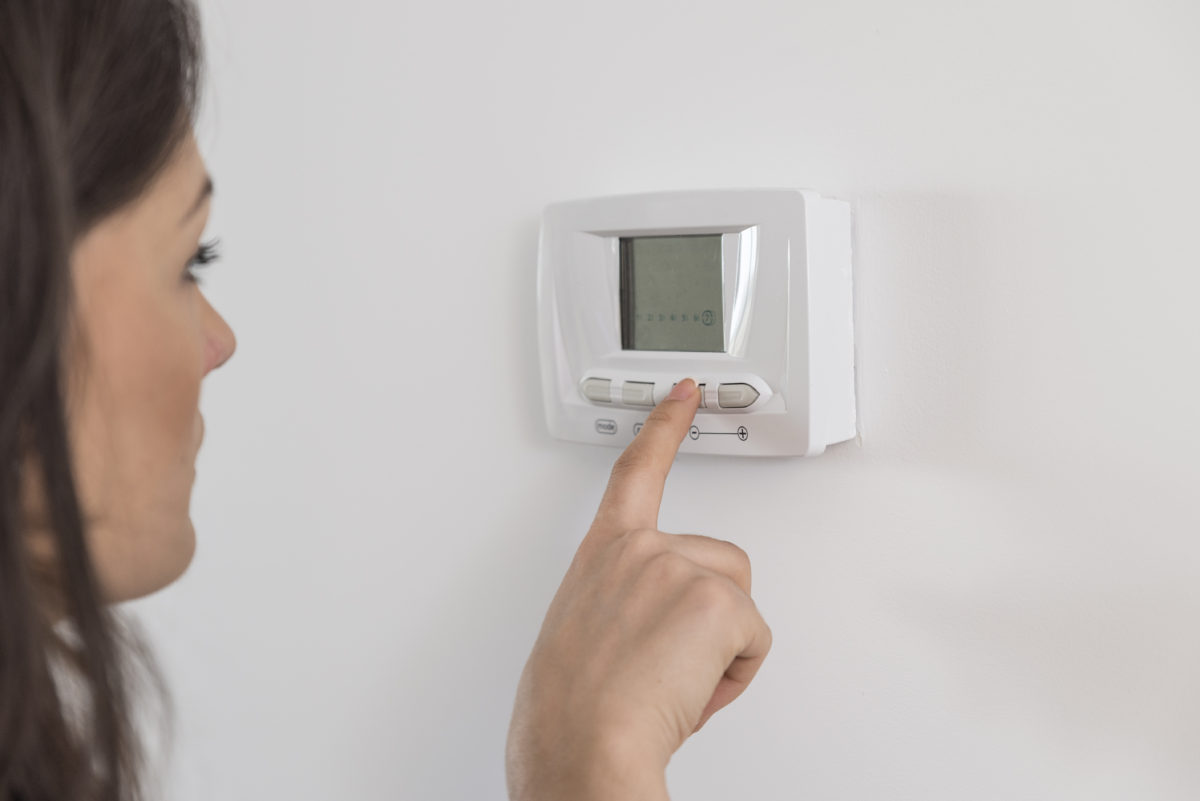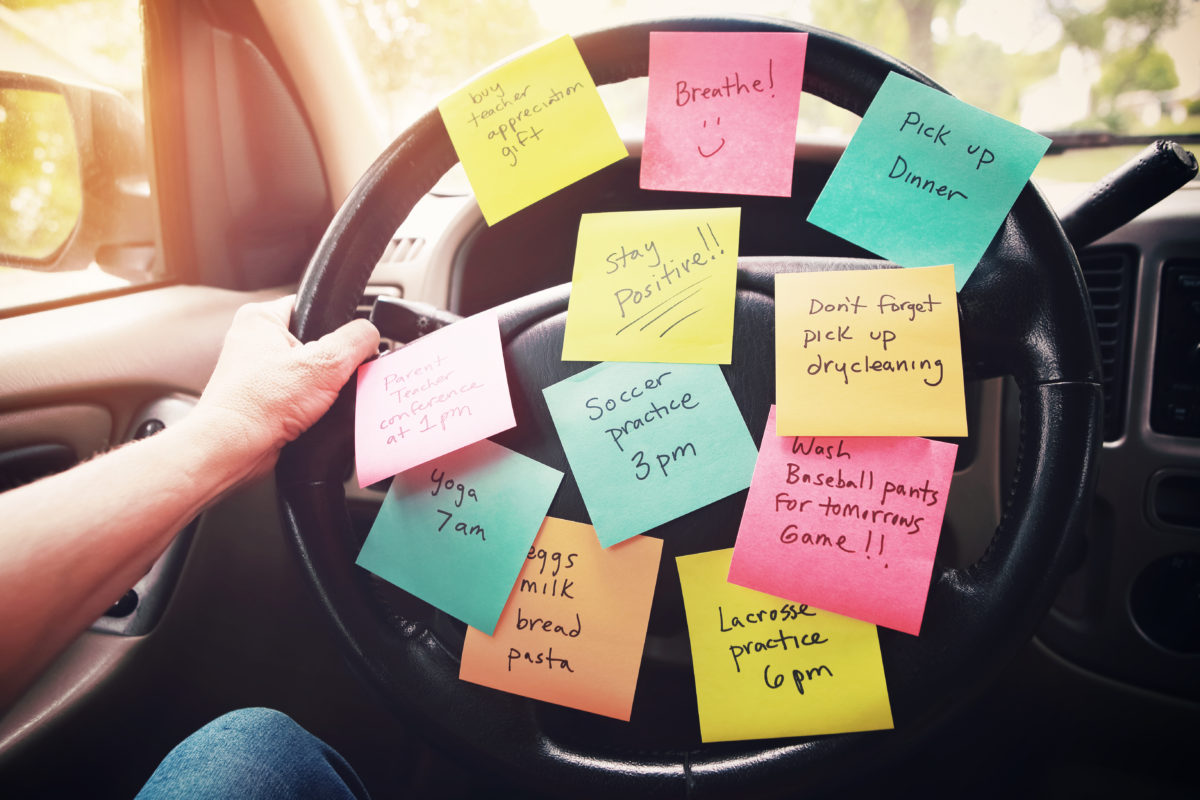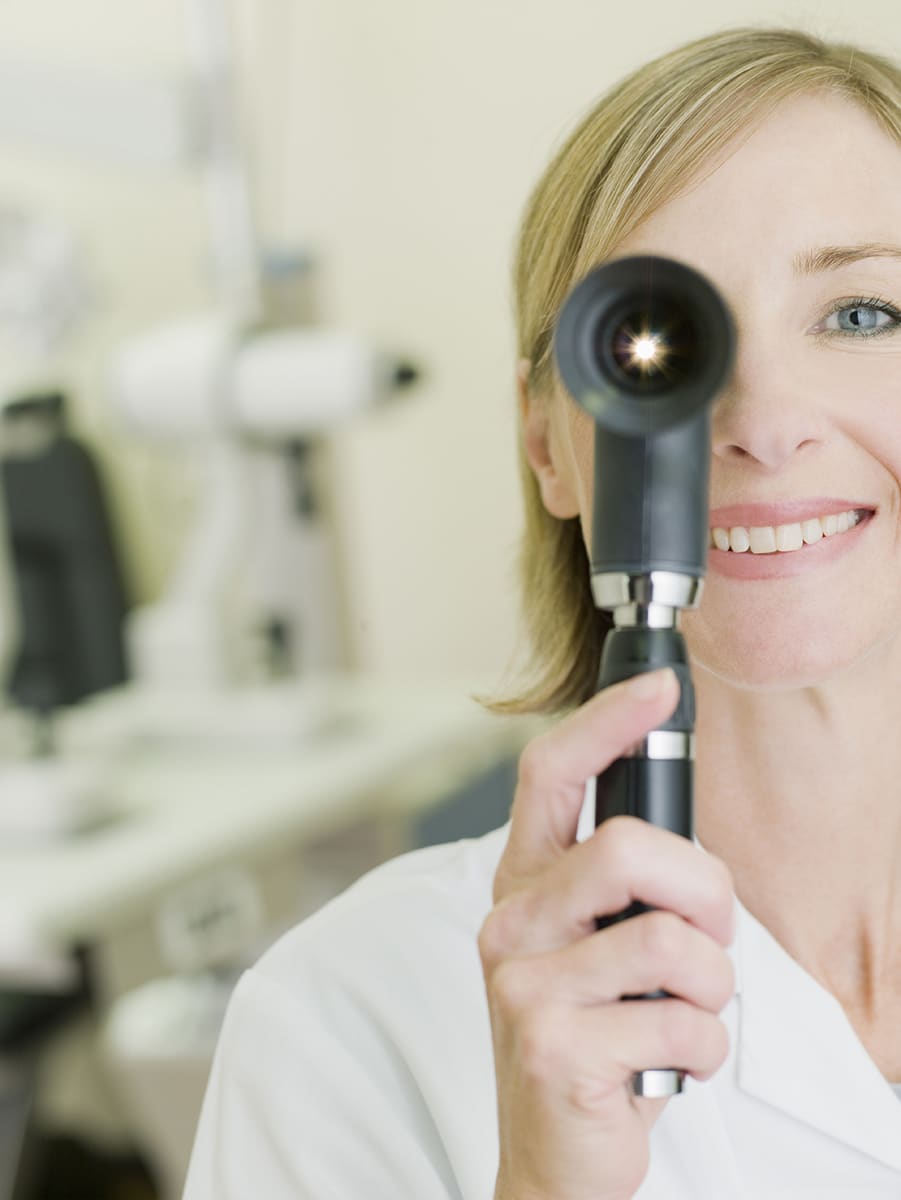Recently I had to undergo an outpatient procedure in the hospital, one that is fairly common and performed millions of times each day in the world. In the days leading up to it I thought nothing of it, knowing rationally that there was little to be worried about. As a doctor I knew even more than the average person how routine this would be.
So imagine my surprise when upon registering at the hospital, signing several consents and waivers, I felt my heart racing and my mind going all over the place.
What if I didn’t wake up from the anesthesia? What if any one of the medical personnel made an awful mistake in giving me medication? What if the surgeon found something scary like cancer? How would my kids grow up without a mother? Who would tell my parents their only child was gone?
Awaiting my turn, hooked up to an IV with nothing to distract me, the dread built up within me and I felt like I had no control over it. Despite all my medical knowledge of the low risk situation I was in, any rational thought went out the window. Actually, the knowledge I had as a doctor made it even worse. The various things that could go wrong went on and on in my mind.
The nurses in pre-op holding noticed right away. One in particular, Jennifer, came to sit with me and held my hand, telling me I could squeeze as hard as I needed to. Another nurse, Delilah, sat on the other side of me and kept up conversation and funny banter. When I had a hard time talking they encouraged me to take deep breaths.
They knew I was a physician yet they never said “You should know better than to worry about such a silly thing.” I thought someone would say that, but no one did. All they did was talk to me, soothe me, and breathe with me.
These nurses, like most, were spread thin and had a lot of business to attend to that didn’t include babysitting me. At least that’s what I thought at the time. Now I see they were doing exactly what those in medical care should be doing: caring. I didn’t feel like a number in an assembly line, I felt like a human being.
When I woke up in recovery Jennifer’s smiling face was right there and she told me everything went fine. I found myself bursting into tears of relief. I literally sobbed in this nurse’s arms. Still not once was I made to feel silly.
When it was time to leave my heart swelled with appreciation and I couldn’t thank the entire staff enough. I’ve been around hospital staff, from technicians to nurses to doctors, who can act like patients are a number. It’s not that they don’t care; they’re just so overwhelmed by the healthcare system they simply don’t have the time or patience to address each patient’s mental state. It’s so easy to get caught up in the paperwork, the time constraints and the stress of it all.
I didn’t know why I had this episode of losing all rational thought and control of myself until afterwards; I needed a reminder of why I went into healthcare. What’s the point in keeping people healthy if we can’t treat them like we’d like to be treated?
I’ll remember Jennifer and Delilah as long as I live. I am so grateful for the care I received, and I take it as a reminder to treat each and every patient I encounter with such compassion. That’s what makes us human after all: our ability to empathize, to give support and just be there for someone, no matter who they are.
 English
English French
French German
German
